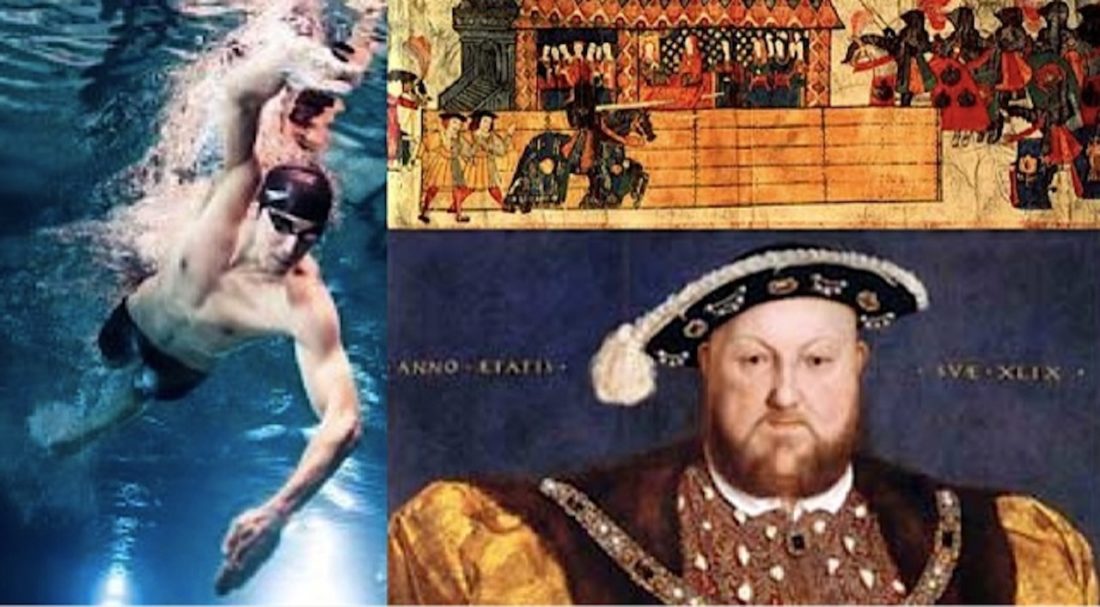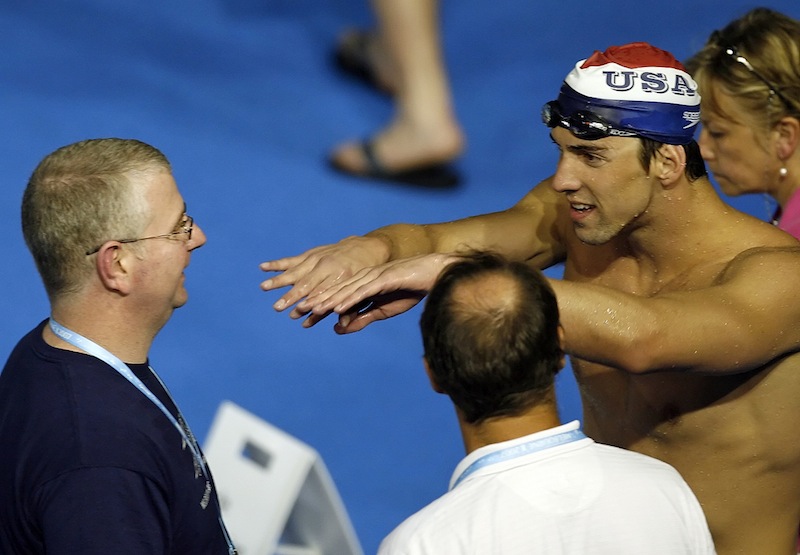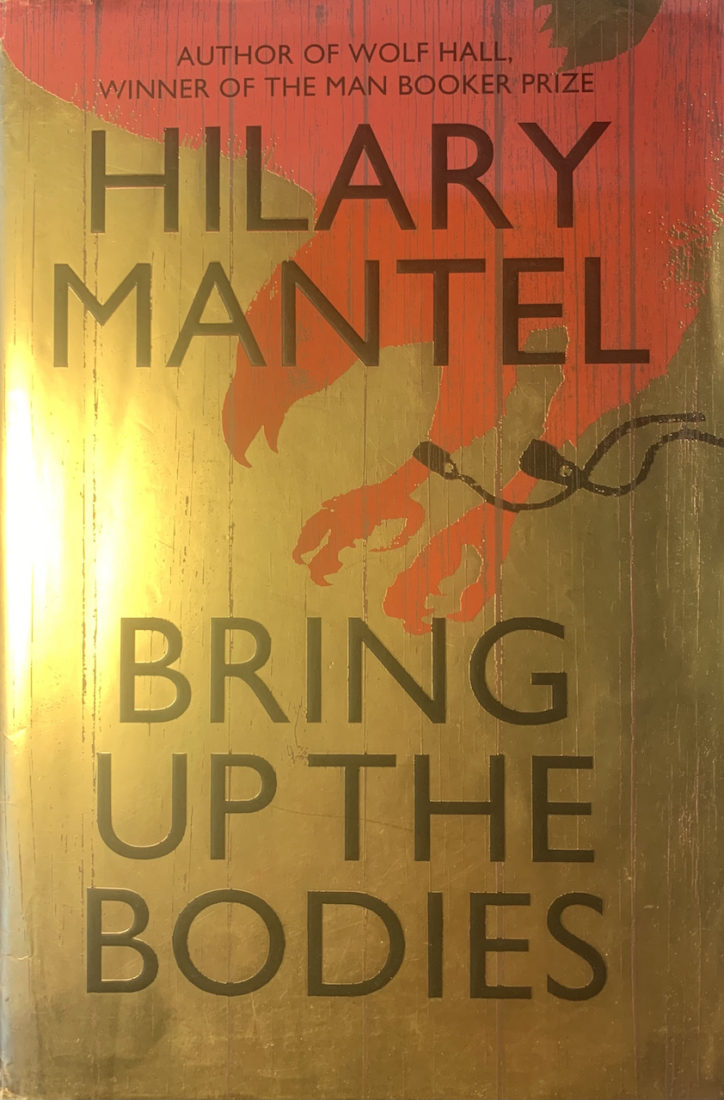Does Swim King Phelps Have Another Winning Joust In Him?

From The SwimVortex Archive – Michael Phelps, the greatest of greats on the scale of Olympic achievement with 18 golds atop 22 medals in all, referred to a possible return to top-flight racing in time for Rio 2016 “the million-dollar question” in Brazil yesterday.
Phelps spoke to the media on a visit to shoot a commercial with Pelé against a backdrop of protests from favela dwellers peering down hillsides and wondering at the gap between their squalor and the billion-dollar building sites shining on the horizon of the 2014 FIFA World Cup.
The 28-year-old Phelps, who often said that he would not race on beyond 30, told AFP: “I don’t know what’s gonna happen in three years. I don’t even know what is gonna happen tomorrow. That’s the million-dollar question.”
Phelps rejoined the anti-doping testing pool in June this year and will be eligible to compete next March. He is back at North Baltimore Aquatic Club with coach Bob Bowman but there is a long journey ahead lined with big decisions.
Phelps noted: “I’ve said 100 times if I feel like coming back … I could. But I’m not saying I am going to.” What he is happy to confirm is that his swim school and foundation work aimed at providing opportunities for children and his wish to promote swimming for health and as a sport will be centre stage in the life ahead of him.
After young fans came out to greet him and ask for autographs, Phelps said: “I always enjoy interacting with kids, and to be with a legend like Pelé makes it even better. The kids were so engaged when Pelé walked into the room. Being healthy and staying active is very important to me and I want to teach the kids the same message.”
At the heart of questions over any potential Olympic comeback is ‘why’, as in ‘why would he want to and what goal would he have’.
History Lessons For Phelps From Mantel’s Soaring Time Travel Back To The Court Of Henry VIII
Time will provide concrete answers, while human nature is a constant chord in the song of ages. Take the following from the brilliant Bring up the Bodies by Hilary Mantel. The work, a follow-up to Wolf Hall, deals with the life and times of Henry VIII, Catherine of Aragon, Anne Boleyn, Jane Seymour and Thomas Cromwell. In the build-up to a joust, a King Henry beyond his physical prime turns to Cromwell and says:

“I know you councillors think I should take to the spectators’ bench. And I will, I promise, it has not escaped me that a man of my age is past his best. But you see, Crumb, it is hard to give up what you have worked at since you were a boy. There were some Italian visitors once, they were cheering us on, Brandon and myself, and they thought that Achilles and Hector had come back to life. So they said.”
Image: US swimmer Michael Phelps (R) talks to his coach Bob Bowman (L) is pictured during a training session at the Susie O’Neill pool at the FINA Swimming World Championships in Melbourne, Australia, Friday 23 March 2007 – Photo by Patrick B. Kraemer / MAGICPBK.
That sets Cromwell thinking about time spent with a Portuguese mentor, a coach in the art and sport of jousting, a predecessor of Bowman in another field, another art, in another country at another time along the thread of common human purpose: the quest to win. In explaining what makes a champion, the man of Lusitania says to Cromwell:

“Look … there are three ways to fail. Horse can fail. Boys can fail. Nerve can fail.
“You have to get your helmet on tightly so that you have a good line of sight. You keep your body square-on, and when you are about to strike, then and only then turn your head so that you have a full view of your opposer, and watch the iron tip of your lance straight on to your target. Some people veer away in the second before the clash. It is natural, but forget what is natural.
“Practise till you break your instinct.
“Given a chance you will always swerve. Your body wants to preserve itself and your instinct will try to avoid crashing your armoured warhorse and your armoured self into another man and horse coming at full gallop the other way. Some men don’t swerve, but instead they close their eyes at the moment of impact. These men are of two kinds: the ones who know they do it and can’t help it, and the ones who don’t know they do it.
“Get your boys to watch you when you practise. Be neither of these kinds of men.”
Phelps was neither of those men. He made mistakes but he never blinkered. The rush of honouring nature, warping it to your will for experience and achievement less ordinary; such things live long in the blood, regardless of the ebb and flow of odds and opposers.
Henry got knocked out when knocked off his horse in Mantel’s fictional joust. Does Phelps have another winning joust in him? Probably, even likely. We will know much more at the first sign of hunger.
Update: almost a decade on, the greatest Olympic pantheon sealed, coach Bowman on the trail of college-team success in Arizona, the Tokyo 202One Olympic Games provided a chance to remind ourselves of what we’d miss, including that deep pang of hunger to reclaim a crown lost and go beyond once more.